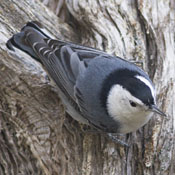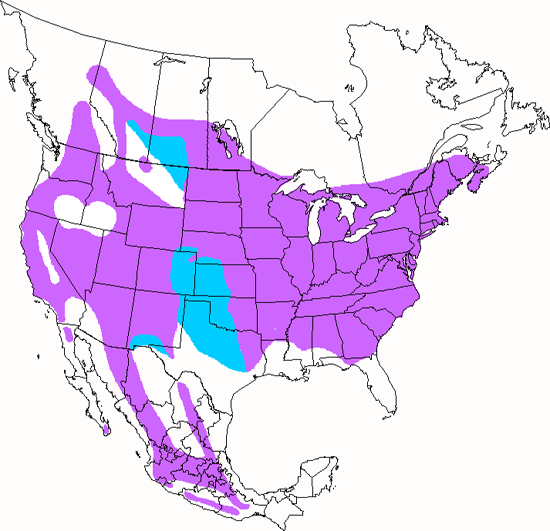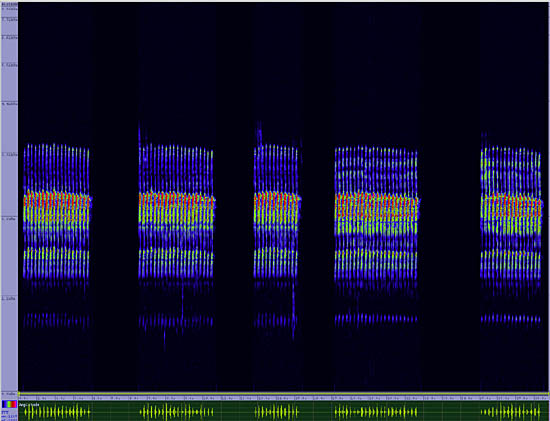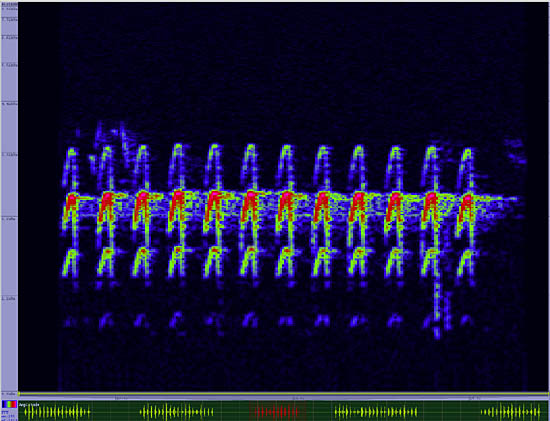White-breasted Nuthatch
Sitta carolinensis

Tree Clinging

Length: 6 in. (15 cm )
Distinctive with its ability to walk head first down tree trunks and undersides of branches, the White-breasted Nuthatch is more frequently found in broad-leafed forests and at lower elevations than other smaller species of nuthatches. It feeds on insects and spiders gleaned from bark, but during the winter it also savors nuts, acorns and seeds. A regular participant in mixed species feeding flocks, this species is one of the most obvious members. The nest is in a small tree cavity or abandoned woodpecker hole.
The four-digit banding code is WBNU.
Bibliographic details:
- Article: White-breasted Nuthatch
- Author(s): Dr. Biology
- Publisher: Arizona State University School of Life Sciences Ask A Biologist
- Site name: ASU - Ask A Biologist
- Date published: 13 Jul, 2017
- Date accessed: 18 October, 2025
- Link: https://askabiologist.asu.edu/activities/bird/white-breasted-nuthatch
APA Style
Dr. Biology. (Thu, 07/13/2017 - 15:38). White-breasted Nuthatch. ASU - Ask A Biologist. Retrieved from https://askabiologist.asu.edu/activities/bird/white-breasted-nuthatch
Chicago Manual of Style
Dr. Biology. "White-breasted Nuthatch". ASU - Ask A Biologist. 13 Jul 2017. https://askabiologist.asu.edu/activities/bird/white-breasted-nuthatch
MLA 2017 Style
Dr. Biology. "White-breasted Nuthatch". ASU - Ask A Biologist. 13 Jul 2017. ASU - Ask A Biologist, Web. https://askabiologist.asu.edu/activities/bird/white-breasted-nuthatch
Be Part of
Ask A Biologist
By volunteering, or simply sending us feedback on the site. Scientists, teachers, writers, illustrators, and translators are all important to the program. If you are interested in helping with the website we have a Volunteers page to get the process started.








